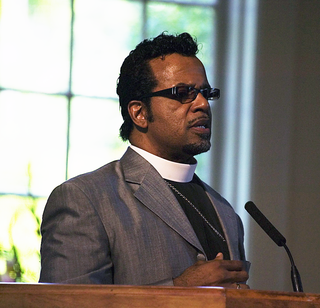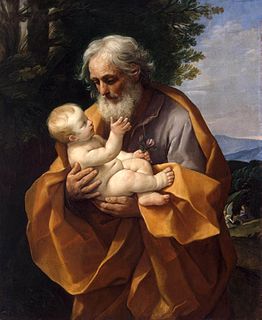A Quote by John Cassian
The thief who received the kingdom of heaven, though not as the reward of virtue, is a true witness to the fact that salvation is ours through the grace and mercy of God.
Related Quotes
The blessed Paul argues that we are saved by faith, which he declares to be not from us but a gift from God. Thus there cannot possibly be true salvation where there is no true faith, and, since this faith is divinely enabled, it is without doubt bestowed by his free generosity. Where there is true belief through true faith, true salvation certainly accompanies it. Anyone who departs from true faith will not possess the grace of true salvation.
When I immersed myself in prayer and united myself with all the Masses that were being celebrated all over the world at that time, I implored God, for the sake of all these Holy Masses, to have mercy on the world and especially on poor sinners who were dying at that moment. At the same instant, I received an interior answer from God that a thousand souls had received grace through the prayerful mediation I had offered to God. We do not know the number of souls that is ours to save through our prayers and sacrifices; therefore, let us always pray for sinners.
The Kingdom of grace is nothing but.... the beginning of the Kingdom of glory; the Kingdom of grace is glory in the seed, and the Kingdom of glory is grace in the flower; the Kingdom ofgrace is glory in the daybreak, and the Kingdom of glory is grace in the full meridian; the Kingdom of grace is glory militant, and the Kingdom of glory is grace triumphant.... the Kingdom ofgrace leads to the Kingdom of glory.
What is the gospel itself but a merciful moderation, in which Christ's obedience is esteemed ours, and our sins laid upon him, wherein God, from being a judge, becomes our Father, pardoning our sins and accepting our obedience, though feeble and blemished? We are now brought to heaven under the covenant of grace by a way of love and mercy.
John declared that "Christ received not of the fulness at the first," but that he "continued from grace to grace until he received a fulnesss and thus he was called the Son of God, because he received not of the fulness at the first." Thus is it with us all. We must work out our salvation and exaltation by coming to this earth. Man must be born into mortality and live and die that he may continue in his progress toward eternal life and exaltation.
Through the Holy Spirit comes our restoration to paradise, our ascension into the kingdom of heaven, our return to the adoption of sons, our liberty to call God our Father, our being made partakers of the grace of Christ, our being called children of light, our sharing in eternal glory, and, in a word, our being brought into a state of all "fulness of blessing," both in this world and in the world to come, of all the good gifts that are in store for us, by promise hereof, through faith, beholding the reflection of their grace as though they were already present, we await the full enjoyment.
The death of Christ made it possible for God to accept sinful man, and that he has, in fact, done so. Consequently, whatever separation there is between man and the benefits of God's grace is subjective in nature and exists only in man's mind and unregenerate spirit. The message man needs to hear then, is not that he simply has a suggested opportunity for salvation, but that through Christ he has, in fact, already been redeemed to God and that he may enjoy the blessing that are already his through Christ
The kingdom of God is available to you in the here and the now. But the question is whether you are available to the kingdom. Our practice is to make ourselves ready for the kingdom so that it can manifest in the here and the now. You don't need to die in order to enter the kingdom of heaven. In fact, you have to be truly alive in order to do so.
Clearly, what God wants above all is our will which we received as a free gift from God in creation and possess as though our own. When a man trains himself to acts of virtue, it is with the help of grace from God from whom all good things come that he does this. The will is what man has as his unique possession










































